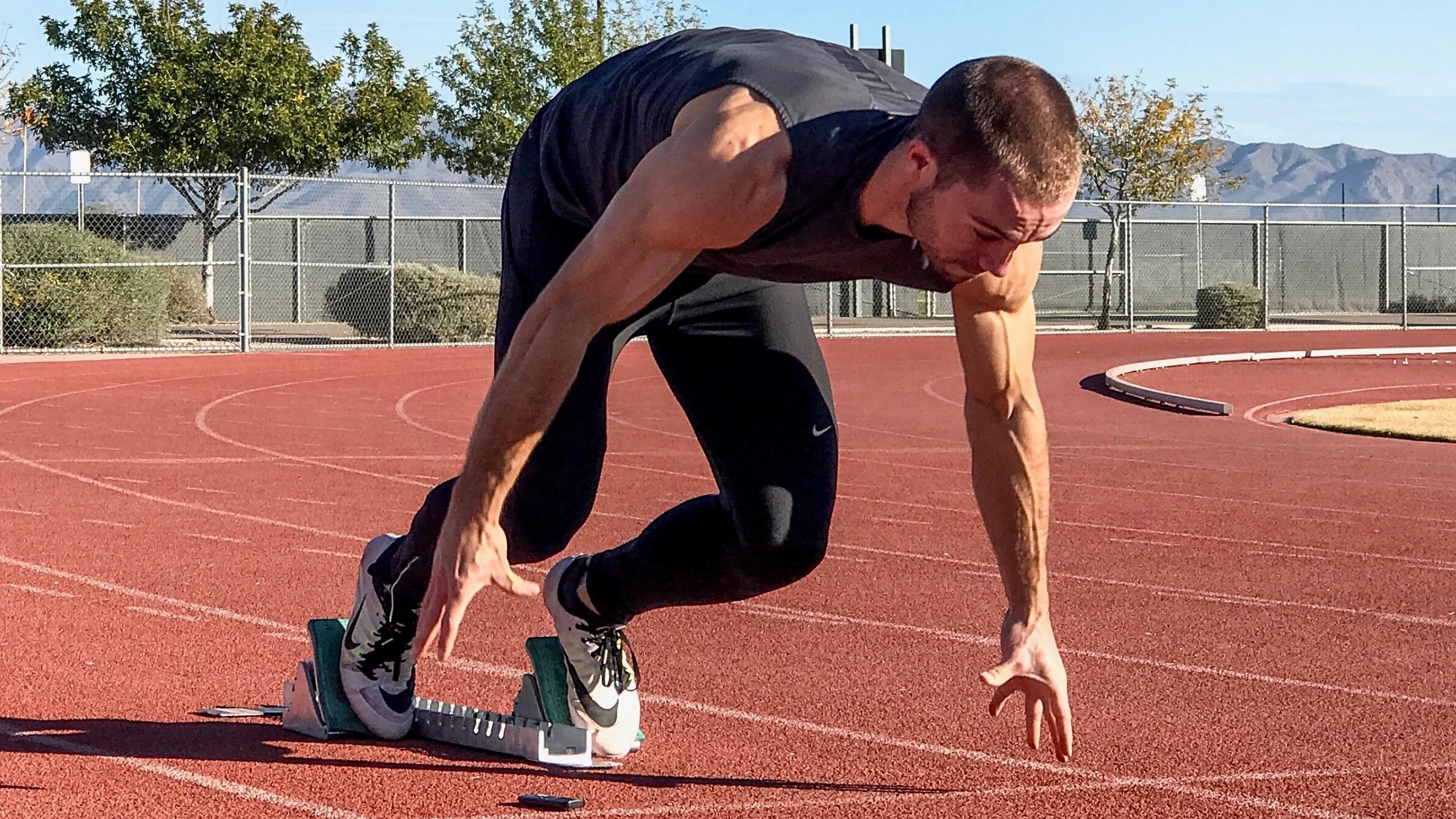Marathons have become a global phenomenon, attracting millions of participants and spectators alike. This long-distance running event, typically measuring 26.2 miles (42 kilometers), is not just a test of physical endurance but also a celebration of the human spirit. Whether you're a seasoned runner or a curious beginner, understanding the intricacies of marathons can help you appreciate this incredible sport and even inspire you to join the ranks of marathon finishers.
In this article, we will delve deep into the world of marathons, exploring their history, training tips, health benefits, and how to prepare for your first marathon. We will also touch on notable marathons around the world, making it a perfect read for anyone interested in this sport. By the end of this article, you will have a thorough understanding of what it takes to run a marathon and why it has captured the hearts of so many.
So lace up your running shoes and get ready to embark on a journey through the world of marathons, as we uncover the essentials you need to know to either participate in one or simply appreciate the sport more fully.
Table of Contents
- 1. The History of Marathons
- 2. Training for a Marathon
- 3. Health Benefits of Running Marathons
- 4. Preparing for Your First Marathon
- 5. Notable Marathons Around the World
- 6. Marathon Running: A Personal Journey
- 7. Marathon Statistics You Should Know
- 8. Conclusion and Call to Action
1. The History of Marathons
The marathon has a rich history dating back to ancient Greece. It is said that the first marathon was run by a soldier named Pheidippides, who raced from the battlefield of Marathon to Athens to deliver news of victory against the Persians in 490 BC. This event inspired the modern marathon, which was introduced in the 1896 Olympic Games.
Early Marathons
The modern marathon has evolved significantly since its inception. Initially, it was a male-only event, but over the years, women have fought for their right to compete, resulting in the inclusion of female marathoners in the Olympics starting in 1984.
2. Training for a Marathon
Proper training is crucial for anyone looking to complete a marathon successfully. The training regimen typically spans several months and includes a mix of long runs, speed work, and rest days.
Creating a Training Plan
- Start with a solid base: Ensure you have a good running base of at least 15-20 miles per week before beginning marathon training.
- Long runs: Schedule weekly long runs to gradually increase your distance.
- Speed work: Incorporate interval training and tempo runs to improve your pace.
- Rest and recovery: Allow your body time to recover to prevent injuries.
3. Health Benefits of Running Marathons
Running a marathon offers numerous health benefits, both physical and mental. Here are some key advantages:
- Improved cardiovascular health
- Better mental health and stress relief
- Increased endurance and strength
- Weight management
4. Preparing for Your First Marathon
Preparing for your first marathon can be both exciting and overwhelming. Here are some essential tips to get you started:
- Choose the right marathon: Select an event that matches your skill level and training schedule.
- Invest in proper gear: Good running shoes and comfortable clothing are crucial.
- Practice nutrition: Experiment with fueling strategies during long runs to find what works for you.
- Stay hydrated: Proper hydration is vital for optimal performance.
5. Notable Marathons Around the World
Some marathons have gained international fame for their challenging courses and vibrant atmospheres. Here are a few notable ones:
- Boston Marathon
- New York City Marathon
- London Marathon
- Berlin Marathon
6. Marathon Running: A Personal Journey
Marathon running is often a personal journey for many individuals. Below is a biodata table of a renowned marathon runner:
| Name | Mary Keitany |
|---|---|
| Age | 41 |
| Nationality | Kenyan |
| Marathon Personal Best | 2:17:01 |
| Notable Achievements | Multiple New York City Marathon winner |
7. Marathon Statistics You Should Know
Understanding marathon statistics can help you appreciate the magnitude of this sport. Here are some key statistics:
- In 2020, over 1 million runners completed marathons worldwide.
- The average marathon finish time for men is approximately 4 hours and 30 minutes, while for women, it is about 4 hours and 45 minutes.
- Boston Marathon is the oldest annual marathon in the world, established in 1897.
8. Conclusion and Call to Action
In conclusion, marathons are not just races; they are a testament to human endurance and spirit. Whether you aspire to run one or simply appreciate the effort that goes into it, understanding the history, training, and health benefits of marathons can enrich your experience. We encourage you to leave a comment below, share this article with fellow running enthusiasts, or explore more articles on our site to continue your journey in the world of marathons.
Thank you for reading, and we hope to see you back here for more informative content!
/GettyImages-169949925-56a8f5095f9b58b7d0f6b0fe.jpg)


